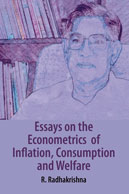Coalition Politics in India
Selected Issues at the Centre and the States
About the Book
India is in an era of coalition politics in which state politics plays a major role. This compact book breaks new ground in empirical discoveries about the basis of stable coalitions in Indian states, and also theorises the viability of multi-party coalition governments at the national level in comparative perspective, and examines the dynamics of competition and coalition formation. It consists of two chapters on national-level coalitions and five chapters on states that have had significant experience of coalition politics—West Bengal, Kerala, Punjab, Maharashtra and Bihar. All chapters are based on extensive data collection and interview-based fieldwork with political actors. The key findings are summarised in the concluding chapter, that is, there is a clear pattern across states to the stability of coalitions at the state level over time, and consists of two central factors—stable pre-electoral seat-sharing and portfolio-sharing arrangements.
About the Author(s) / Editor(s)
E. Sridharan is the Academic Director of the University of Pennsylvania Institute for the Advanced Study of India (in New Delhi). He is a political scientist who has researched comparative politics, political economy of development, and international relations. He is the author or editor of 9 books and has published 58 journal articles and chapters in edited volumes. He is the Editor of India Review, a pan-social science refereed (Routledge, USA) quarterly on India, and is on the Editorial Board of the UK-based journal, Commonwealth and Comparative Politics. He did his PhD in Political Science from the University of Pennsylvania.
Contributors
<p><strong>Nitin Birmal</strong> is Associate Professor of Political Science at Dr. Ambedkar College, Yerawada, Pune. His main area of work is Maharashtra’s political economy. He is also state coordinator for Maharashtra for the Lokniti network. </p>
<p> </p>
<p><strong>Amiya K. Chaudhuri</strong> is a retired Professor of Political Science. Presently engaged as Senior Fellow of the Maulana Abul Kalam Azad Institute of Asian Studies, he is writing a book on contemporary Bangladesh. In addition to 7 books, he has written 40 articles in edited volumes and refereed journals. A regular contributor to and feature writer for Bengali news dailies and magazines, he is associated with many international institutions. </p>
<p> </p>
<p><strong>Vivek Ghotale</strong> is Research Assistant at the Department of Politics and Public Administration, University of Pune. He is currently engaged in research on the politics of the dominant caste in Maharashtra. </p>
<p> </p>
<p><strong>K.K. Kailash</strong> is with the Department of Political Science at Hyderabad Central University. His research interests focus on political institutions and governance, elections, coalition politics and processes and issues of federalism in contemporary India. He has published in the <em>Economic and Political Weekly</em>, <em>Seminar</em>, <em>India Review</em>, <em>Canada Watch </em>and <em>Asian Survey</em>, and has contributed to numerous edited volumes. He is also a regular contributor to the Indian Express. He is currently a co-investigator in a research project, Comparative State Politics and Public Policy in India, being conducted in conjunction with the Lokniti/Centre for the Study of Developing Societies (CSDS), New Delhi, and the King’s India Institute, London. This project brings electoral politics back into conversation with the study of public policy, with special emphasis on the framing of social policy within India’s states in the context of economic liberalisation. He is member of the Lokniti network and a honorary fellow at the Centre for Multilevel Federalism, Institute of Social Sciences, New Delhi. Before coming to Hyderabad Central University, he was at Panjab University, Chandigarh, and at the Regional Institute of Education (NCERT), Bhopal.</p>
<p> </p>
<p><strong>G. Gopa Kumar</strong> is currently the Indian Council of Social Science Research (ICSSR) Senior Fellow at the University of Kerala. He was formerly University Grants Commission (UGC) Emeritus Fellow, Dean of Social Sciences, and Professor and Head, Department of Political Science, University of Kerala. He was also Director-General of the Institute of Parliamentary Affairs, Government of Kerala, during 2009-2011. He has been at the University for nearly 16 years as Professor and has 38 years of teaching experience; published 12 books and over 140 research articles; successfully guided 26 PhDs and 45 MPhil students; and served on several national and international professional bodies. As an internationally renowned scholar in political science specialising in comparative politics, international relations and Kerala politics, a noted psephologist and passionate pedagogue, he has won several international and national fellowships and awards including the UGC Research Scientist (1988-89), Indo-French Cultural Exchange Award (Paris, 1990), International Visitors Leadership Award (USA, 1996), Salzburg Award (1998), Fulbright Award (California, 1998), Shasthri Indo-Canadian Award (University of Calgary, 2000, and McGill University, 2006), Fulbright International Educational Cooperation Award (2002-2006), Visiting Professor (University of Calgary, 2001), Visiting Professor (Claremont Graduate University, 2003), Australia-India Council Senior Fellowship (Monash University, 2009), Visiting Research Fellow (University of New South Wales, Sydney, 2010, and Prince of Songkla University, Phuket, Thailand, 2010) and UGC Emeritus Fellow (2011-2013).</p>
<p> </p>
<p><strong>Pramod Kumar</strong> is Director, Institute for Development and Communication (IDC), Chandigarh. His work focuses on three interrelated themes: the politics of development and governance; politics of conflict management and resolution; and practice of democracy through empirical methodologies and analysis of public policy and peoples’ movements. He is recipient of the Homi Bhabha Award for 1988-1990. He has published a number of books and articles on Dalit identity, communal violence, terrorism in Punjab, and the criminal justice system. He has contributed several research articles on electoral politics in India to edited volumes on Indian politics, such as “The 1998 Elections: Regionalism, Hindutva and State Politics” (1999), “India’s 1999 Elections and 20th Century Politics” (2003) and “India’s 2004 Elections: Grassroots and National Perspectives” (2007), all volumes edited by Paul Wallace and Ramashray Roy.</p>
<p> </p>
<p><strong>Sanjay Kumar</strong> is a Professor and currently Director at the CSDS. He is also Co-Director of Lokniti, a research programme of the CSDS. He has recently published an edited volume: <em>Indian Youth and Electoral Politics: An Emerging Engagement</em>. He has also published <em>Changing Electoral Politics in Delhi: From Caste to Class and Measuring Voting Behaviour in India</em> (with Praveen Rai). His other publications include: <em>Rise of the Plebeians? The Changing Face of Indian Legislative Assemblies </em>(with Christophe Jaffrelot) and <em>Indian Youth in a Transforming World: Attitudes and Perceptions</em> (with Peter R. de Souza and Sandeep Shastri). He has contributed chapters to several edited volumes, written various research reports, published articles in both international and national research journals, and writes regularly for the popular newspapers. As an expert in survey research, he has directed various national and state-level studies conducted by the CSDS, including the National Election Studies (NES) 1998, 1999, 2004 and 2009 and various rounds of the bi-annual State of the Nation Survey. While his core area of research is electoral politics, using survey methods as a research tool, he has also been engaged in research on Indian youth, the state of democracy in South Asia, slums of Delhi and issues of electoral violence.</p>
<p> </p>
<p><strong>Suhas Palshikar</strong> is with the Department of Politics and Public Administration, University of Pune. His main area of interest is democratic politics in India. He has written extensively on India’s party politics. He is currently also the Co-Director of the Lokniti programme of the CSDS, New Delhi, and Chief Editor of the <em>journal Studies in Indian Politics</em>. </p>
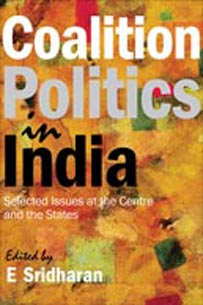


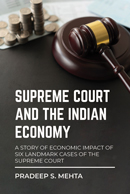



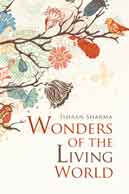
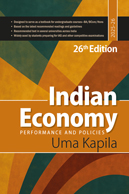
-web-194.jpg)
-front.jpg)
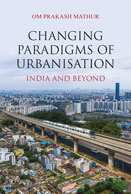








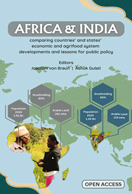
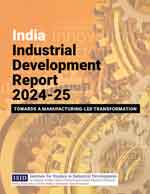
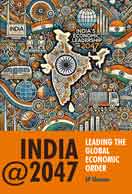
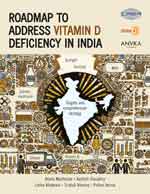
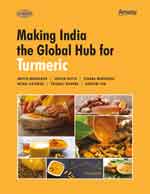
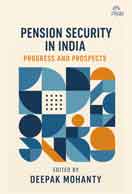
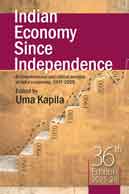
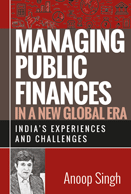
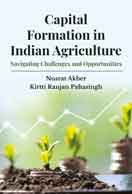









-COVER-web-194.jpg)





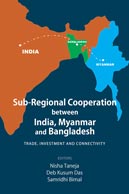






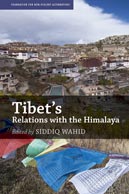



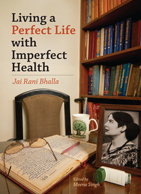












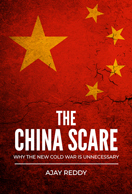
.jpg)






